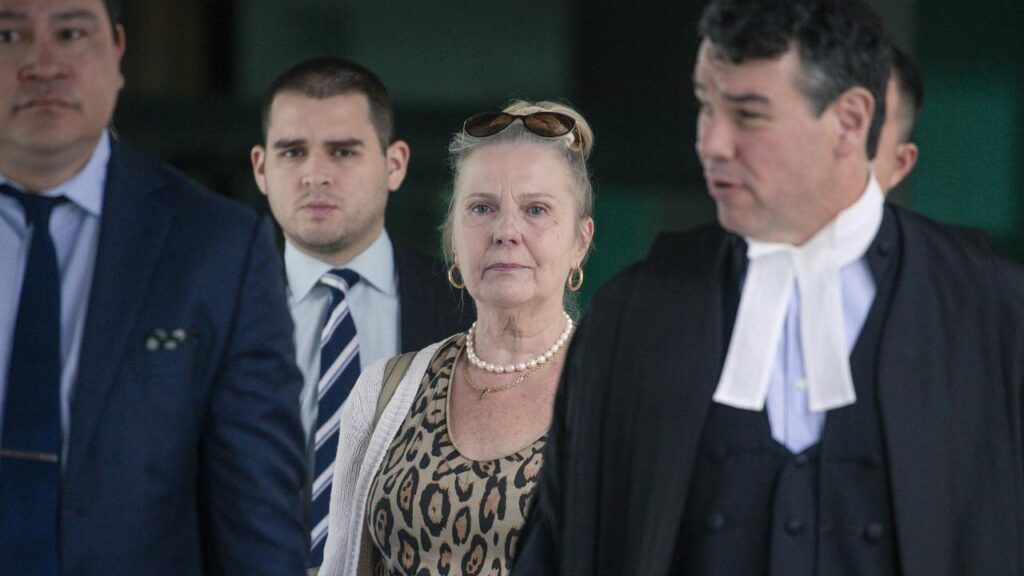Senior Associate, Brendan Reidy article on the Royal Commission into the Robodebt scheme

In the most recent episode of The Callover, Future Leaders Committee member Georgia Athanasellis sat down with Mr Justin Greggery KC to discuss the lessons that can be learnt from the Royal Commission into the Robodebt scheme.
That discussion presents some particularly important considerations for early career lawyers in the profession, with Mr Greggory KC referring to a number of ‘fork in the road’ type scenarios where lawyers (both junior and senior) were faced with critical ethical decisions during the course of giving legal advice as to the legality of the Robodebt scheme.
Legality of the scheme
The terms of the Royal Commission detailed under the letters patent required an inquiry into the establishment, design and implementation of the scheme, which included specifically the legal advice which informed its design and implementation.
Concerns as to the scheme’s legality were first raised by government lawyers within the Department of Human Services (DHS); however, those lawyers found themselves in a very uncomfortable position by reason of external political influences and an internal culture which was geared towards maintaining the narrative set by the Secretary of the Department.
According to Mr Greggory KC, it was known within the DHS that internal government lawyers “would be shouted down by the secretary if they went against her position” and that “the reality was that if you were going to give advice within that department, you really had to be prepared to resign”.
As it happened, in August 2018, lawyers within the Department of Social Services (DSS) ultimately sought external legal advice from a panel law firm about the lawfulness of the scheme, but this time in the context of a challenge from the administrative in the Administrative Appeals Tribunal.
The draft advice issue
The issue of the draft advice was one which at the time of the Royal Commission garnered a great deal of interest not only from the legal profession, but also from the wider general public.
One of the key criticisms of the DSS was the apparent willingness of the Department to simply ignore the legal advice provided by the panel lawyer after having received a draft copy which went against the interests of the DSS.
This issue prompted the following exchange during the public hearings:
Justin Greggery KC: Why isn’t it extraordinary that this advice was not finalised in draft form?
Witness: Because departmental practice is when external advisors are obtained or obtained in draft and then they are reviewed, and a decision made by the relevant client area as to whether they wish to finalise the advice.
Justin Greggery KC: And if the advice is not finalised, is it treated as not having been given?
Witness: It is certainly treated as not representing the department’s preferred view and still open to further discussion or comment or potentially revision.
The Honourable Chief Justice: So, what do you do? You get some advice in draft and if it is not favourable, you just leave it that way and then it never represents anything that you deal with. Is that the approach?
Witness: Yes, Commissioner.
The Honourable Chief Justice: And is that done regularly in the department?
Witness: It has certainly happened many times that I have seen it, yes.
The Honourable Chief Justice: I am appalled.
Key lessons
The legal profession can certainly take plenty of lessons away from findings of the Royal Commission into the Robodebt scheme.
For early career lawyers (and the profession as a whole), the Royal Commission highlights the importance of:
- Remaining frank and fearless in giving legal advice.
- Keeping in mind that our job is not necessarily to require your client to accept your advice, it is to ensure that your client understands it.
- Not changing your advice without having a genuine legal basis for doing so.
- Seeking legal and/or ethical advice from a third party, if you find yourself in a position where you receive pressure from your client about the advice that you have given.
For practitioners in Queensland, this comes as a timely reminder that the Ethics and Practice Centre operated by the Queensland Law Society is available to available to discuss and provide guidance to practitioners on ethical and practice management issues.
The Ethics and Practice Centre can be contacted on 07 3842 5843, or by email at: ethics@qls.com.au; while the Australian Solicitors Conduct Rules 2012 can be accessed here.
You can listen to this episode of The Callover with Justin Greggory KC on the QLS website, or alternatively, on Spotify or Apple Music.
In the Media
Behlau Murakami Grant hosts DJ Fisher at Opetaia World Title Fight
Gold Coast-based international DJ Paul “The Fish” Fisher was almost a bigger hit with fight fans...
Church, police under fire from Behlau Murakami Grant after childcare manager cleared of computer hacking.
Childcare manager Yolanda Borucki has been found not guilty of computer hacking after she went to the...
Whistleblower Found not Guilty Thanks to Behlau Murakami Grant
The whistleblower accused of sharing confidential details surrounding Australia’s worst pedophile has had her name...



